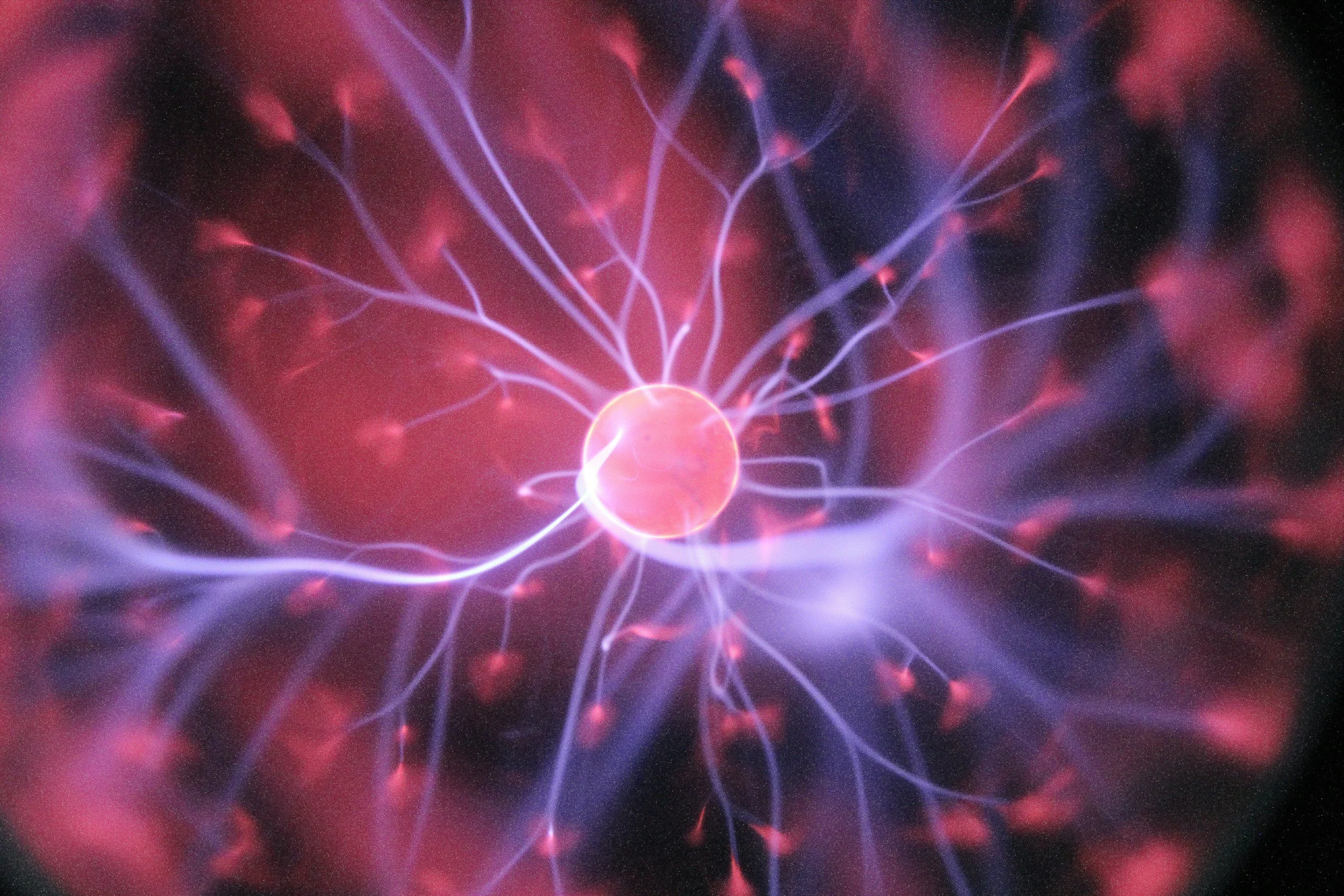
ADHD and the Daydreaming Brain: What the Default Mode Network Has to Do With It
Ever sit down to focus — maybe on an email, a school assignment, or folding laundry — and suddenly you’re thinking about…what to eat for dinner? Or how dolphins sleep? Or if your ex still follows you on Instagram?
If your brain tends to wander off the second you try to focus, especially if you have ADHD, you might be dealing with a very real, very busy part of your brain called the Default Mode Network, or DMN.
Let’s break down what that means — and why it matters for understanding ADHD.

Does ADHD Affect Relationships?
ADHD or Attention-Deficit Hyperactivity Disorder is a neurodevelopmental condition that affects millions of people worldwide. It’s commonly associated with challenges an individual may face in work or school but it’s often overlooked how ADHD can extend into relationships. Untreated ADHD, in particular, can create unique challenges for couples, impacting emotional regulation, communication, and overall harmony.

Understanding ADHD
Attention-Deficit/Hyperactivity Disorder (ADHD) is one of the most common neurodevelopmental conditions, affecting children, adolescents, and adults. Despite its prevalence, many people misunderstand ADHD, viewing it only as an inability to sit still or pay attention. However, ADHD is much more complex, rooted in differences in brain structure and functioning.

Why an Early ADHD Diagnosis Matters
Attention Deficit Hyperactivity Disorder (ADHD) is one of the most common neurodevelopmental disorders in children, but it is often misunderstood and frequently goes undiagnosed. Early detection and intervention can make a world of difference in a child’s development. Earlier diagnosis and intervention can help an individual have a healthy relationship with learning, improve self-esteem, and prevent long-term consequences.